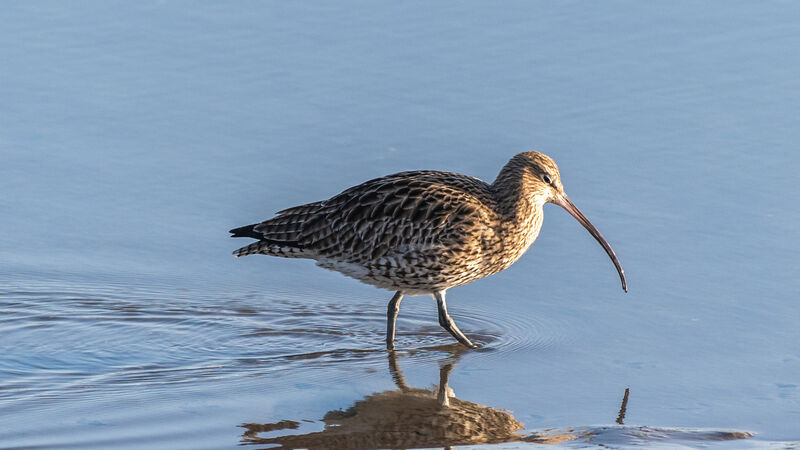John Gibbons: Wildlife population decline is more acute than we once thought

A study by Birdwatch Ireland last year found that 63% of Ireland’s bird species are in decline, including the Irish curlew. Picture: Andy Gibson
While efforts at EU level to push through a Nature Restoration Law are being stymied at every turn, is it instead our dysfunctional political process that’s in need of restoration?
Taoiseach Leo Varadkar told the Dáil this week that aspects of the proposed law “go too far”. They say that in politics, timing is everything.
CLIMATE & SUSTAINABILITY HUB
















